After tooth extraction, attention should be paid to wound care, dietary adjustments, oral hygiene, medication use, and activity restrictions to reduce the risk of infection and promote healing.
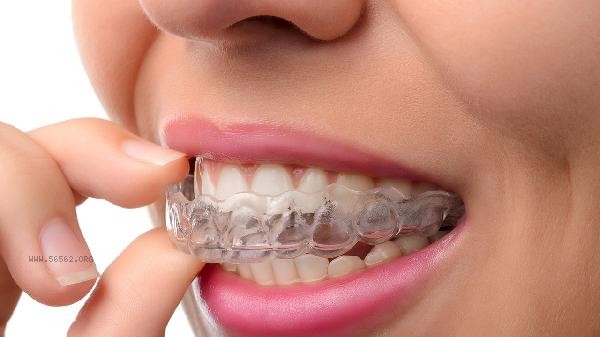
1. Wound Care
After tooth extraction, it is necessary to bite the cotton ball placed by the doctor tightly for about 30 minutes to help stop bleeding and avoid frequent spitting or sucking on the wound. Do not brush your teeth or rinse your mouth within 24 hours to prevent blood clots from falling off and causing dry socket syndrome. If there is continuous bleeding or severe pain, timely follow-up should be sought. Ice compress can be applied to the face within 48 hours after surgery to reduce swelling, with a 15 minute interval between each rest.
2. Dietary Adjustment
Within 2 hours after surgery, warm and cool liquid foods such as rice soup and milk can be eaten, and straws should be avoided. Choose soft and rotten foods such as egg custard and mashed potatoes within 3 days, and avoid spicy, overheated, or hard foods. Smoking and drinking are prohibited within two weeks. Coffee and carbonated drinks may irritate wounds and should be avoided. Protein and vitamin C help with tissue repair and can increase intake of fish, fruits, and vegetables in moderation.
3. Oral hygiene
After 24 hours, you can gently rinse your mouth with physiological saline 3-4 times a day. When brushing teeth, avoid the surgical area and use a soft bristled toothbrush. Chlorhexidine containing mouthwash can help inhibit bacteria, but it should be used according to medical advice. A specialized tongue scraper can be used to clean the tongue coating and maintain a balanced oral environment. Do not use sharp objects such as toothpicks to clean the gaps between teeth within one week after surgery.
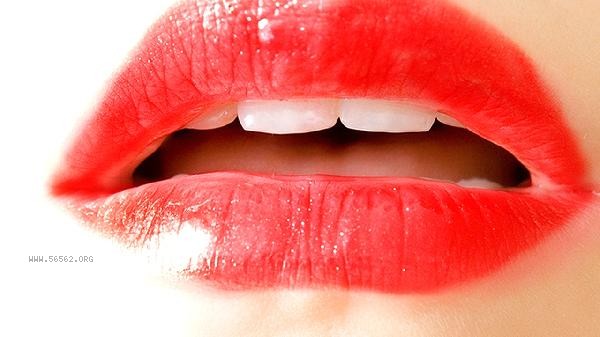
4. Medication Use
Follow the doctor's advice to take antibiotics such as amoxicillin to prevent infection, and the painkiller ibuprofen can relieve swelling and pain. Do not increase or decrease the dosage at will. People with allergies should inform in advance that traditional Chinese medicine preparations such as Kangfuxin solution can promote mucosal repair. If medication reactions such as rash and difficulty breathing occur, stop taking the medication immediately and seek medical attention. Hormonal drugs must be taken strictly according to the course of treatment.
5. Activity restriction
Avoid vigorous exercise and heavy physical labor within 24 hours after surgery to prevent high blood pressure from causing bleeding. Raise the pillow during sleep to reduce local congestion. Swimming, diving, and other activities that may cause wound contamination are prohibited within one week. Long distance flights or high-altitude travel need to be postponed, as changes in air pressure may affect healing. Avoid facial massage or beauty treatments before removing stitches. During the recovery period after tooth extraction, it is important to maintain a regular routine and observe the progress of wound healing daily. If there is fever, purulent discharge or odor, seek medical attention promptly. Avoid chewing on the affected side within two weeks, as complex tooth extraction cases may require longer recovery time. Regular oral examinations can evaluate the condition of bone tissue repair, and it is recommended to consider restorative treatment for missing teeth 3-6 months later. Maintaining a balanced nutritional intake and supplementing calcium and collagen appropriately can help with alveolar bone regeneration. Maintaining a happy mood can help boost immunity and accelerate postoperative recovery.


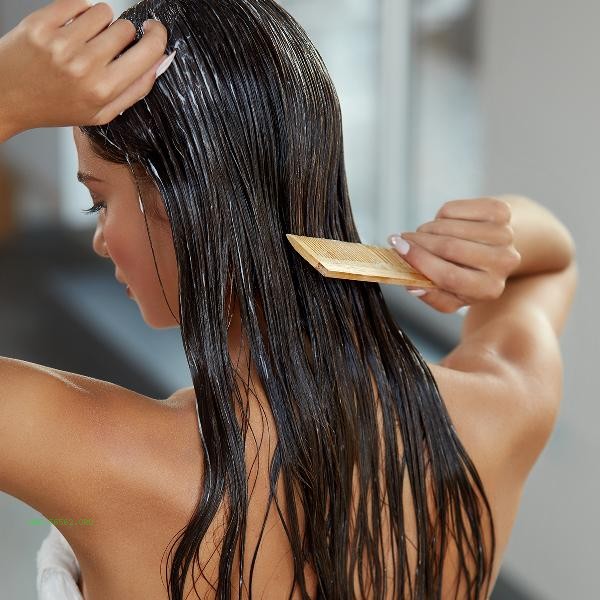
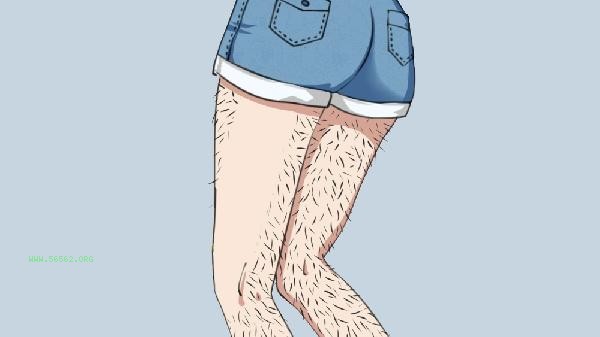

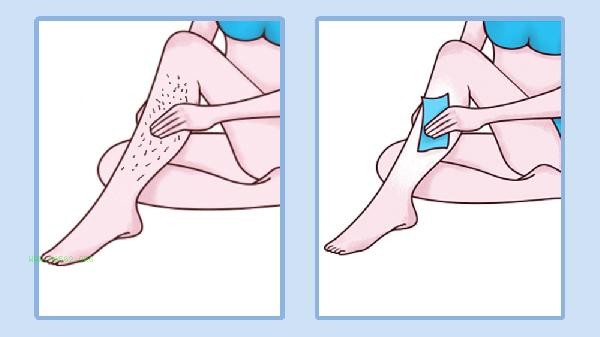



Comments (0)
Leave a Comment
No comments yet
Be the first to share your thoughts!